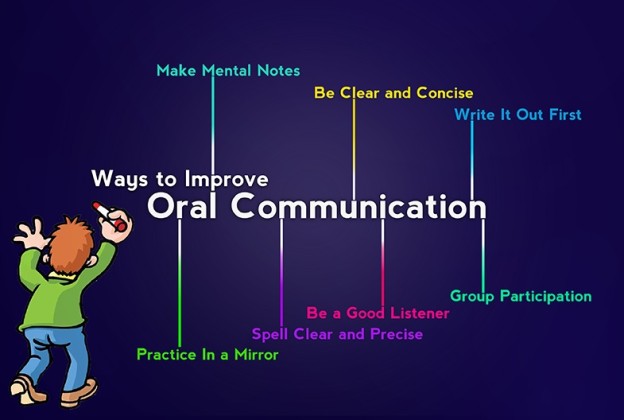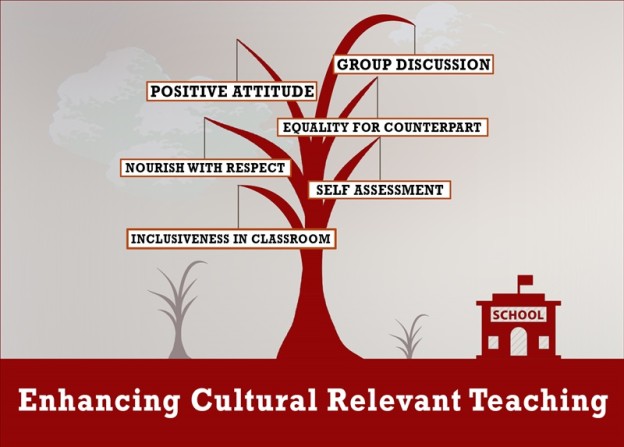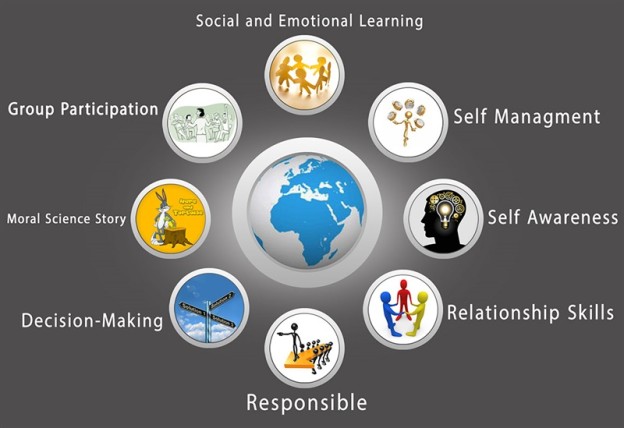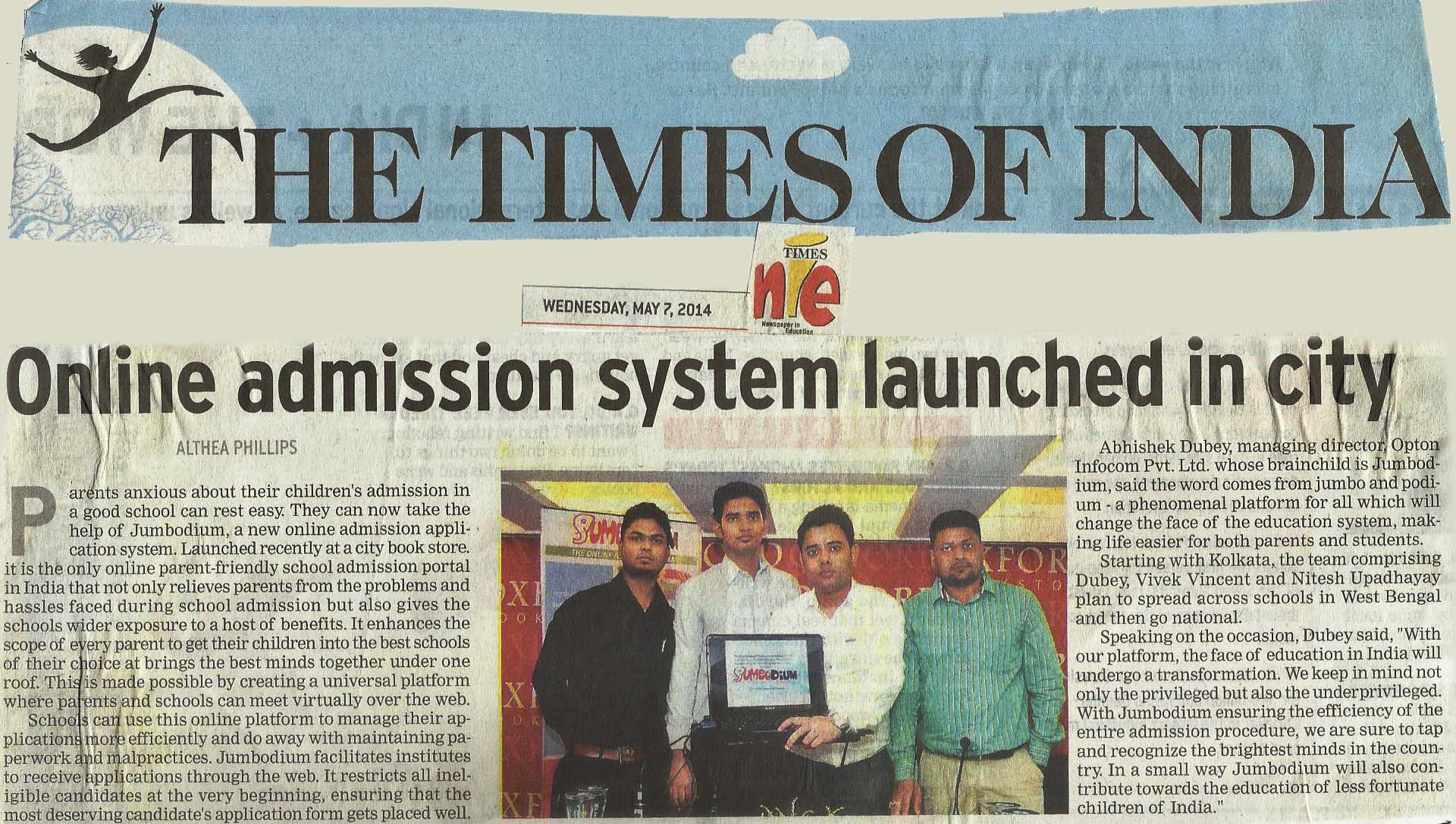Communication is the process of expressing or exchanging our ideas, opinions and perspectives using disparate means like written, oral, use of signs and symbols, pictures etc. If we think of most favored communication style among these, we would choose written and oral style of communication. It has been often observed that maximum people are congenial with the written style, and are found apprehensive when it comes to oral communication. Oral Communication is the art of conveying one’s intention, information and perceptions through Word of Mouth. And, when we surmise a good oral communication to come from our children’s end then its priority increases. This is the phase where it becomes mandatory for everyone to enhance the oral communication in kids. Children have a bright future ahead with numerous endeavors, opportunities and threats to overcome and since they learn gradually; embellishing them with better oral communication skills becomes paramount.
Hence, invigorating better oral communication in children has become imperative. But, it is genuinely possible only when integrated into everyday learning within the school and the society. Here, school plays a very crucial role in improving the oral communication skill as it is the only place where learning goes detailed and meticulous. Alike Parenting tips on developing Reading habits in your child underneath ways will help the teachers and schools improve the Oral Communication skills in children.
Ways to help children Improve Oral Communication
Read More and Aloud
It is very essential for teachers to make the children read more and aloud because it leads to Language Development. Reading Aloud is of great significance as it bells your ears thereby, stimulating the cognitive and Language skills and you will be able to make out what are you reading along with its meaning. In other words, we can say that Reading more and aloud inclines the children towards a fluent reading habit, constructs word sound awareness and thus, expands the literacy skills. This way, it helps the children improve their oral communication skills.
Make Mental Notes
We have always been taught by our parents as well as schools that “ Think before you say. ” This thought process has proved phenomenal for a preparation always makes you clear about what and why you want to speak and that too with reasons. Therefore, making mental notes first won’t let you fumble often aiding you with a clear and precise delivery of speech. It thus, helps in improving the oral communication.
Be Clear and Concise
Clarity is a factor which acts supreme when it comes to effective communication. Being Clear and Concise is one of the acute attributes of communication skills witnessing a flawless transmission of information. Teachers should showcase the importance of a clear and concise communication to their students stating that one won’t be misdirected during any of their speeches, that is, they will be brief yet specific while expressing their words and perspective hence, stepping forward towards improving the oral communication.
Write It Out First
One more improbable way to improve the oral communication in children is to make them realize the importance of a written note. Teachers should ask the students to pen down their ideas on any given topic and then deliver their speech. This will help the children place their perception clearly and in an organized manner and then reading out the same will not let them fumble or attack their fluency thereby, assisting them in improving their oral communication skills.
Practice In a Mirror
The phrase “Practice makes the man Perfect ” holds perfect over here. Oral Communication is a means which requires a lot of practice. And, the best way to practice is to stand in front of a mirror and talk to oneself as much as possible. This definitely will improve the fluency part of the communication and will remove the cognitive blockage if any, thereby, making them self assured. Such practice will also make them unleash their potential of improvement and their hold on the language will begin to improve gradually.
Spell Clear and Precise
Communication skill is the ticket to one’s success in academics as well as in the profession. In order to be successful, it is imperative to sound glassy because any confusion or misunderstood word may put one in a problem. Therefore, teachers should make sure and inform the students about the importance of clear and precise word spell. Children should utter each and every word clearly and correctly maintaining the required pronunciation standard and accent of the language. This will help the children improve their oral communication.
Be a Good Listener
Memorizing an adage “A good listener is always a good speaker” will help us discern the significance of a good listening habit. One of the best ways to develop a listening habit in oneself is to lend one’s ears to a news channel. Because a good listening habit not only helps improve the oral communication skill but appends patience too. A good Listening habit acts as a fundamental to the Development of literacy and is essential for a better Learning and Thinking process. But, you should not forget that listening for the namesake won’t help, you need to listen or hear being interested.
Group Participation
One more way to improve oral communication skill would be Group Participation. Teachers should hold individual or group presentation or competitions viz. Extempore, Debate, Group Discussions etc. in the class at regular intervals. This will help the students understand the view point of their peers, they would come across the diverse ways of presenting one single idea, listening skills will foster as every child will be given an opportunity to speak which will steadily improve their oral communication and enhance them with wide range of vocabularies.
A student can be taught a lesson for a day but, if a teacher teaches him by creating curiosities, then the student will continue with the learning process as long as he lives. Hence, a teacher always plays a crucial role in exploring the talent of the children thereby, mending when and where required. This attitude works well with bringing improvement in oral communication as well and the above described simple ways would assist you performing the same.
















Connect